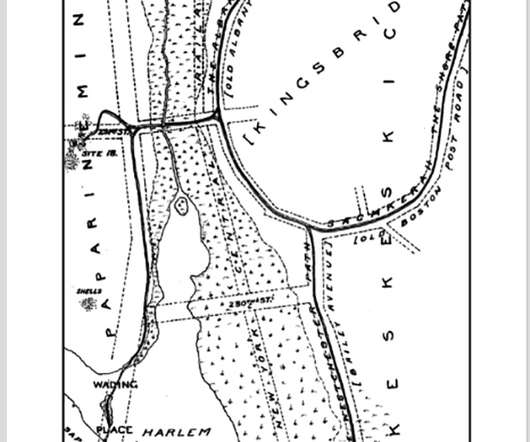Definitively the Egyptians!
10,000 Birds
OCTOBER 3, 2013
In short, the accepted view used to be that a small breeding population of Egyptian Vultures inhabited Southern Africa, but has vanished facing the spread of towns, roads and farms. In the 1970s we had two to four breeding pairs, in the 1980s one to two, in the 1990s it was zero to two (irregular breeding).












Let's personalize your content